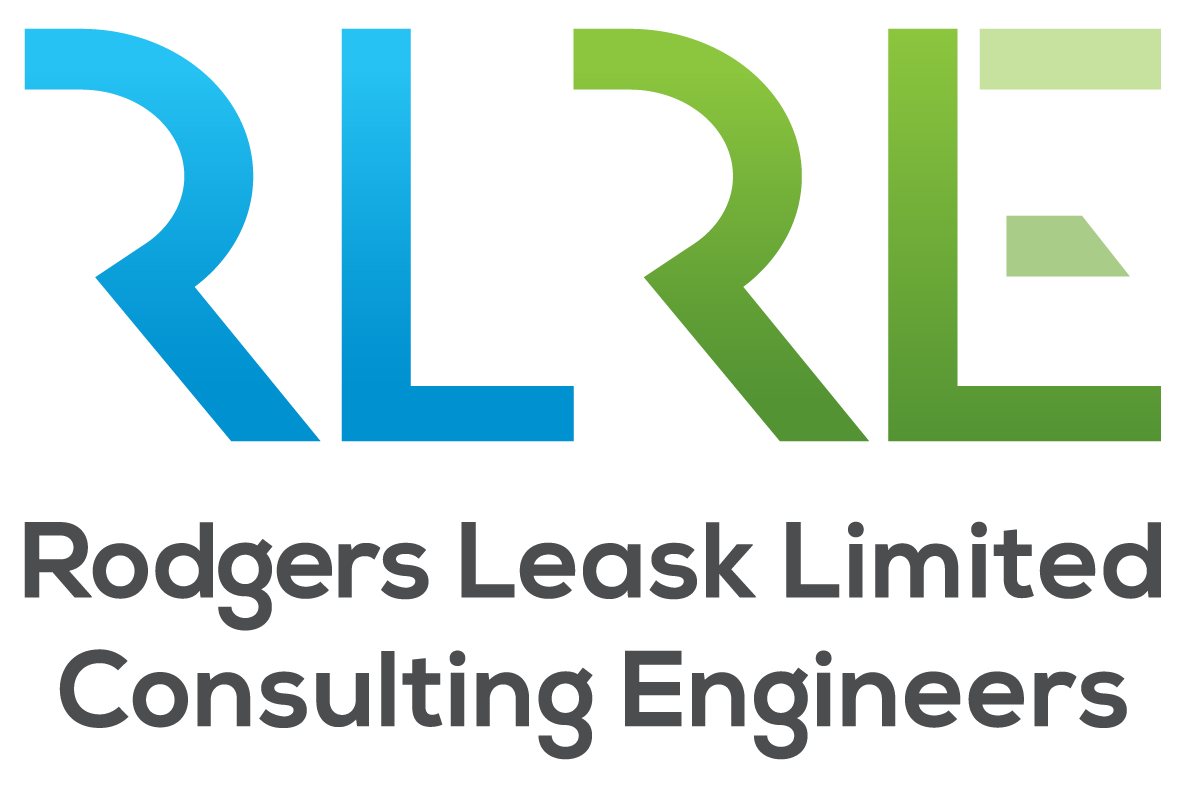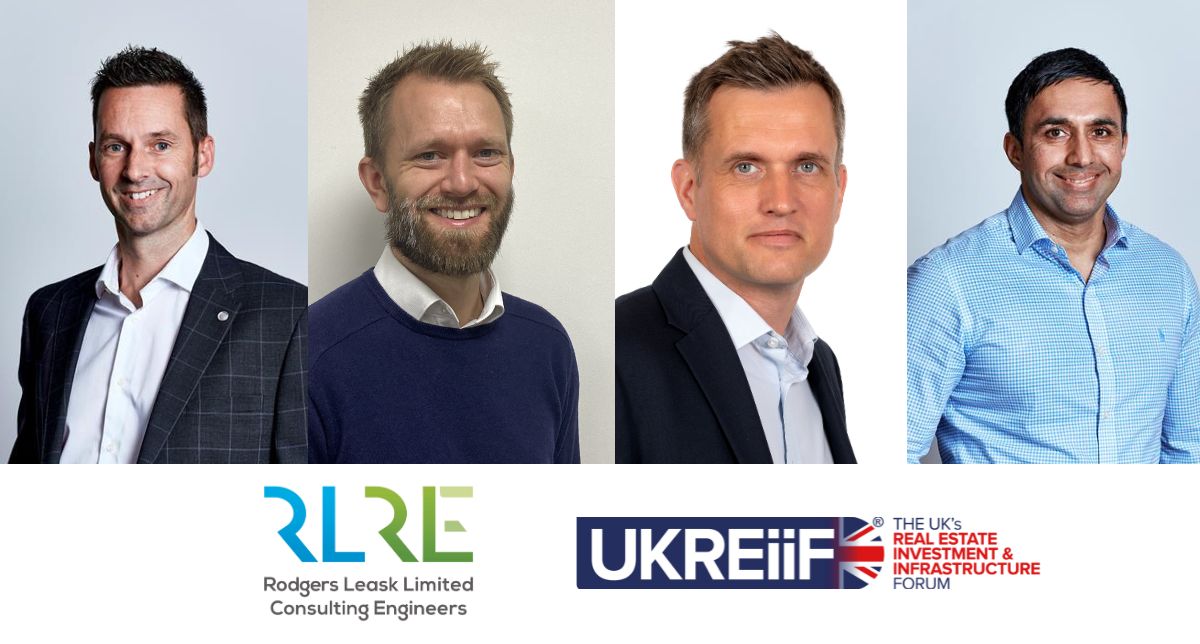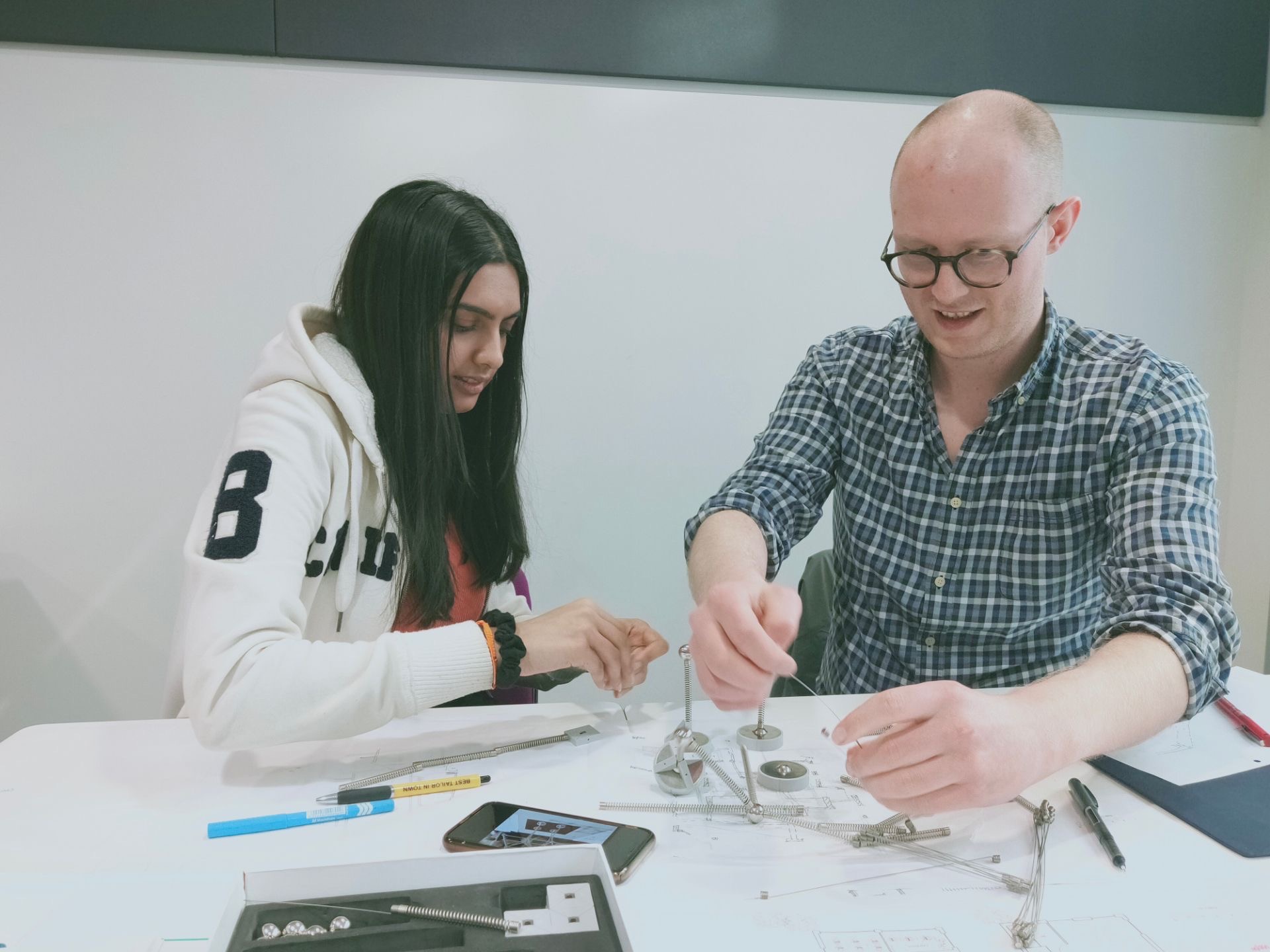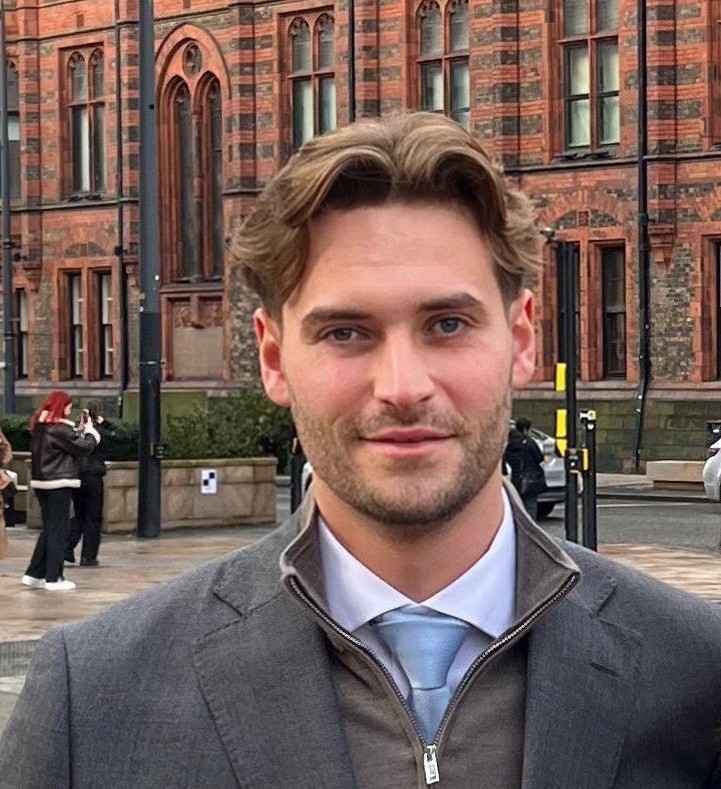National Apprenticeship Week 2024: Advice and experience from our own
07.02.24
We understand the invaluable benefit of training apprentices within our consultancy, giving the next generation both hands on experience and the opportunity to gain knowledge directly from our team of experts. This ensures not only the future of our team, but the future of our industry.
Closing the skills gap within built environment means investing in quality apprenticeships and listening to apprentices regarding their interests, their experiences, and ambitions within the industry.
With it being National Apprenticeship Week, the annual event that highlights apprentices and their positive contribution to businesses across the UK, we have chosen to spotlight a few individuals across our disciplines and explore their journey so far.
Where does your interest in construction/engineering come from?
Junaid Ahmed: My interest in pursuing a career in civil engineering came from my experiences growing up. Having travelled to a few different places, they all had different infrastructure that has always fascinated me. These experiences combined with my passion for physics and maths took me down a route related to the built environment. After attending a few different course open days, I decided civil engineering was suited for me.
Charlie Read-Stainsby: I have been intrigued in the industry since school, and my dad also being an engineer meant I became familiar with what it involves from a younger age.
Sophia Palmer: My interest in accountancy stems from studying a business management degree at university. Accountancy was the one subject which I had a passion for, so I knew I wanted to work within that industry and make a career out of it.
Finley Preston: The main reason I am interested in the construction industry is because of my dad. He has been a part of the industry his whole life, hearing him speak about it so often sparked an interest in me to pursue a career within construction.
What is your role and what skills does it involve?
Junaid: My current role is graduate engineer, predominantly working on drainage systems for new residential and commercial developments. This requires a variety of skills to carry out the work required such as:
- Analytical and problem-solving skills to solve engineering problem and find optimal solutions that take steps to avoid future problems.
- Communication skills related to drawings and reports that meet client requirements.
- Team collaboration skills working with senior engineers and other engineering disciples to achieve the project goal.
Charlie: Currently I am a junior structural technician, which involves producing working drawings for construction purposes. This includes working with engineers to ensure requirements are met.
Sophie: My role at Rodgers Leask is the finance manager, and I am in charge of posting all of the day-to-day accounting transactions.
Finley: My role is in the residential side of the civil engineering design work. It involves a lot of attention to detail and ensuring council guidelines are met, along with communicating with other companies and individuals.
Why did you join Rodgers Leask as an apprentice?
Junaid: I joined two years ago to further my engineering knowledge and apply the knowledge I gained at university. The variety of projects, software, and company-wide knowledge has made this journey really accessible and I’m enjoying the process post-graduation.
Charlie: I joined Rodgers Leask as an apprentice as I was looking for a role in which I could progress academically while gaining work experience. Rodgers Leask offered that to me, ensuring that I will have the correct support for my progression within the industry.
Sophie: I joined Rodgers Leask as a receptionist/admin support and was delighted when I was offered an accounting apprenticeship with the potential to stay on after my apprenticeship had finished.
Finely: I joined as an apprentice because I saw a huge opportunity to get a head start in civil engineering at a great company. This is because I can gain job experience for the duration of my degree, giving me an advantage over other people in the industry of a similar age.
What is the most important thing you’ve learned as an apprentice?
Junaid: The most important thing that I have learnt is to always ask questions about why you are doing what you are doing. This is vital to truly understand the technical knowledge behind the design and furthers knowledge of why designs are carried out in a certain way.
Charlie: As an apprentice I have learnt the importance of consistency. Consistency is essential for me due to the fact I work and learn in conjunction, so I need to stay on track for both and have continuous positive development.
Sophie: Hard work and determination really does pay off!
Finley: The most important thing I have learned whilst being an apprentice is probably the use of time management, this is very important in civil engineering due to the time constraints on projects. My time management has improved through balancing my time between university and work, and working to deadlines within projects.
What advice do you have for someone considering an apprenticeship or considering a career in construction/engineering/accountancy?
Junaid: I would strongly recommend a degree apprenticeship route for someone leaving college and wanting to start a career in engineering. My advice is to be patient and persistent, the learning process at university and at the workplace is a life long journey. However, success will come from a combination of hard work and dedication.
Charlie: I would advise someone who is looking to be part of the industry to enrol in an apprenticeship as it is a great opportunity to start a career. An apprenticeship gives you really valuable work experience whilst the academic side boosts your knowledge, which can be beneficial to your work.
Sophie: I would highly recommend an apprenticeship, as you are able to learn the skills you need whilst also putting the theory into day-to-day practice.
Finley: Some advice I would give is to pursue an apprenticeship in the industry as it gives you a huge head start on the people who have chosen to solely go to university or other forms of education due to the on the job experience you gain from the apprenticeship.
What do you hope to achieve in the next stages of your career in the industry?
Junaid: In the next stages of my career, I aim to solidify my existing knowledge and become specialised in my field.
Charlie: The next step I would like to achieve is to become a senior structural technician and be working with REVIT taking on much larger projects.
Sophie: Currently looking into the option of continuing my studies in order to become chartered.
Finley: In the next stages of my career, I hope to first gain my degree, then achieve IEng shortly after that. Once these have been completed, I hope to push towards becoming a high level engineer within the civils department.
We are incredibly proud of Junaid, Charlie, Sophie, Finely and all our apprentices. Their commitment to our values and work ethic makes our team stronger and we look forward to seeing how their careers progress within our consultancy.
To find out more about our apprenticeships and graduate schemes visit our careers page: https://rodgersleask.com/careers/
